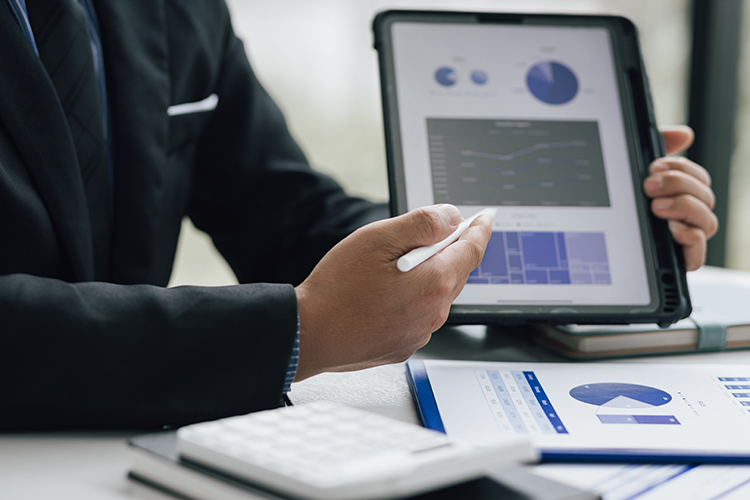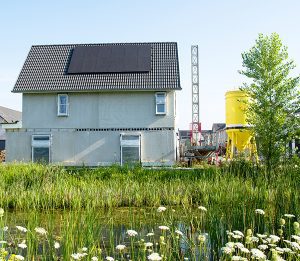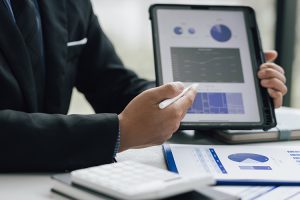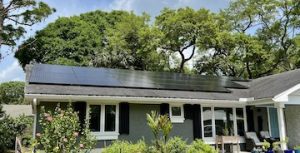The biggest obstacle homeowners have to solar power is financing. Solar panels are less expensive than ever, but cost is still on the minds of homeowners. Many homeowners are fearful about such an investment. Moreover, a majority think they must pay an upfront cost to obtain solar panels. The good news is financing exists for aspiring solar users. Instead of the hope of recouping the investment over a couple decades, it’s easy for potential customers to pay little on the front end and reap the rewards of immense savings nearly immediately.
Payment in Cash
The easiest option, if funds are available, is payment in cash. The good news is when paying cash upfront for solar, the savings and other rewards go straight to the homeowner. This basically means the home is powered for the next 25 years at no additional cost. When cash is the transaction method, the solar purchase insulates itself from rising electricity and material costs. Furthermore, since the equipment is owned, it has the potential to be part of a real estate sale. Or the equipment could be uninstalled and reinstalled for a move. The reality is cash possesses the most immediate benefits for homeowners. The downside is many homeowners lack the disposable income to spend on the panels. However, solar panels are an excellent savings goal, so if it’s feasible to save for solar panels, it would be a great way to take maximum advantage of the opportunity.
Solar Loans
Cash purchases allow homeowners to own the solar equipment immediately, but solar loans are similar to a mortgage or car loan. With monthly payments, eventually a homeowner would own the solar equipment. The good news is once equipment is owned then all the cash benefits transfer to the homeowner. The biggest benefit of solar loans is the ability to spread out payments over time. Because payments are spread, the per-month cost is lowered. This is ideal for homeowners without access to large sums of cash in their savings. Loans also are eligible to receive rebates and other funds as well. This means like a cash payment, the investment will not be a full freight payment.
Solar Leases/PPA
Unlike loans and cash purchases, solar leases and power purchase agreements (PPAs) will not result in homeowners owning their solar equipment. Instead, the equipment is owned by a third party. The third party sells electricity to the homeowner at a reduced rate. The good news is the reduced rate is locked in for roughly 25 years. The other positive development is when these companies lease equipment, they’re responsible for the maintenance and monitoring of it. Therefore, as a homeowner, there’s not much to do except enjoy electric cost certainty. In a sale, the third party keeps the equipment and it’s up to them to enter into an agreement with the homeowner. In this case, solar will not raise the property’s value.
Understanding the different financing options for solar is important for prospective customers. With these options, it’s quite easy for people interested in solar to make the purchase without breaking the bank. Get in touch with a SuperGreen Solutions consultant to learn more about solar, and find out tomorrow about how you can tell if your home is right for solar energy.





